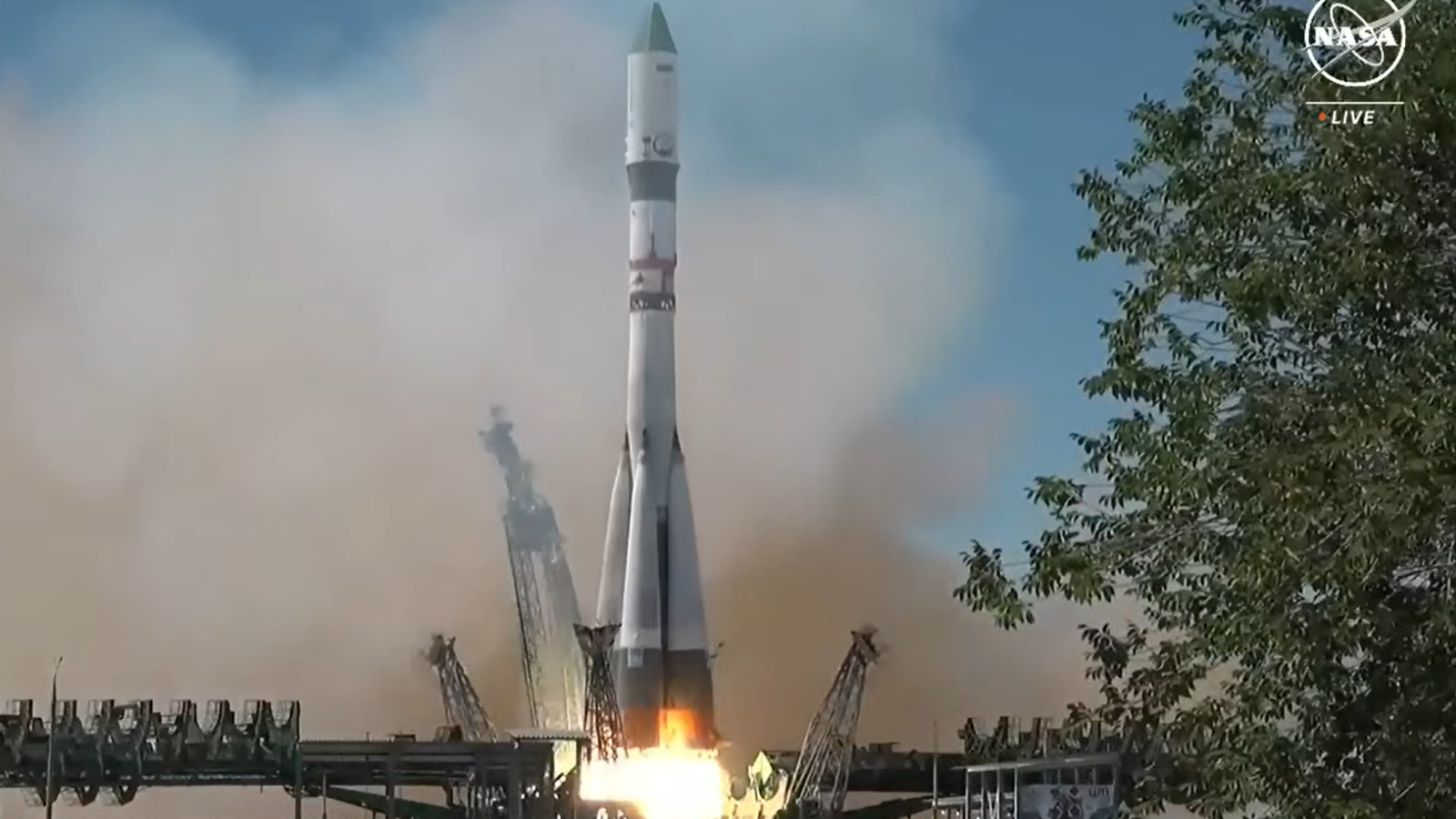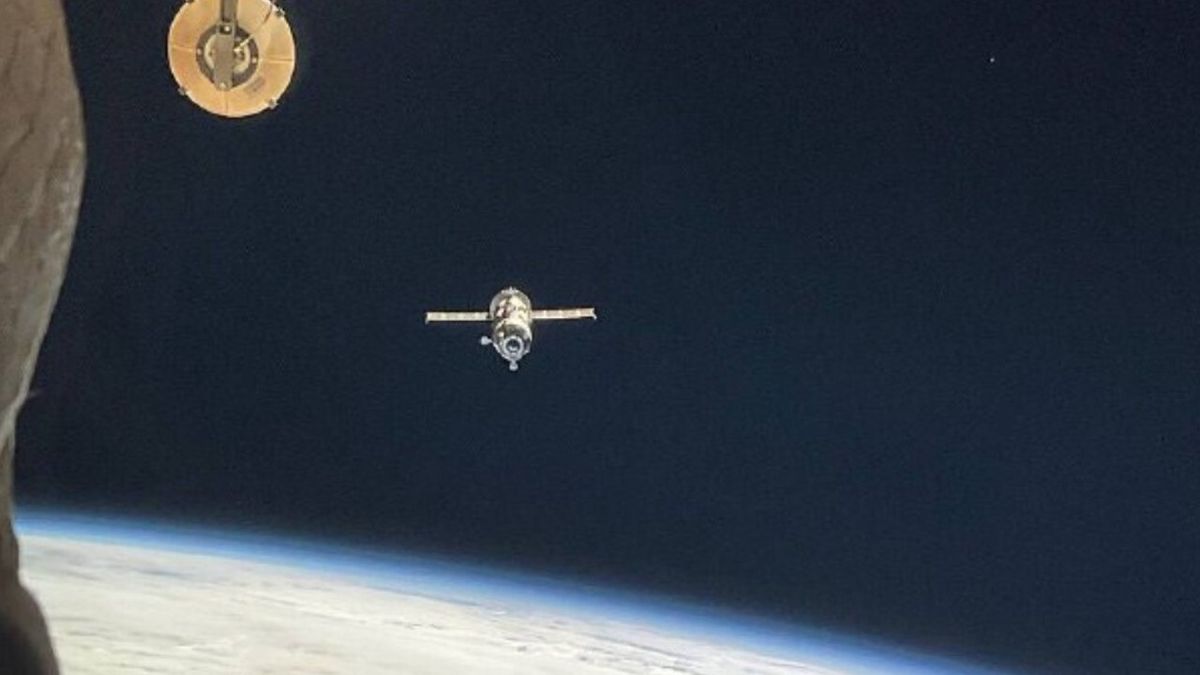
In a significant event for the International Space Station (ISS), two Russian cargo spacecraft, Progress 86 and Progress 88, have recently made headlines. While Progress 86 departed from the ISS on May 28, carrying trash for disposal in Earth's atmosphere as planned, Progress 88 is set to launch on May 30 with about three tons of essential supplies for the Expedition 71 crew.
The launch of Progress 88 will take place at Baikonur Cosmodrome in Kazakhstan on May 30 at 5:43 a.m. EDT (2:43 p.m. local time). Live coverage of the launch and docking process will be provided by NASA, starting from 5:15 a.m.
Once Progress 88 reaches the ISS, it will automatically dock to the space-facing port of Poisk module at 7:47 a.m., June 1 (EDT). The cargo spacecraft is expected to remain docked for almost six months before departing in late November.
The supplies carried by Progress 88 are crucial for the ISS crew, as they include food, fuel, and other essential items. The Expedition 71 crew consists of seven astronauts who are currently exploring various scientific research areas such as neuro-degenerative diseases and therapies, space botany, space-caused fluid shifts, and algae-based life support systems.
The mission began on April 5 and is scheduled to end in September. With Progress 88's arrival, the ISS will have four spacecraft parked at the station: The Dragon capsule flying SpaceX's Crew-8 astronaut mission for NASA, a Russian Soyuz crew spacecraft, Progress 87 freighter, and a Northrop Grumman Cygnus cargo vehicle.
It is important to note that Progress 86 and Cygnus are designed for one-time use. However, the Soyuz and both versions of SpaceX's Dragon survive the trip through Earth's atmosphere. Soyuz touches down on terra firma, while Dragon makes soft ocean splashdowns.
Stay tuned for more updates as Progress 88 approaches the ISS and delivers its vital supplies to the Expedition 71 crew.




